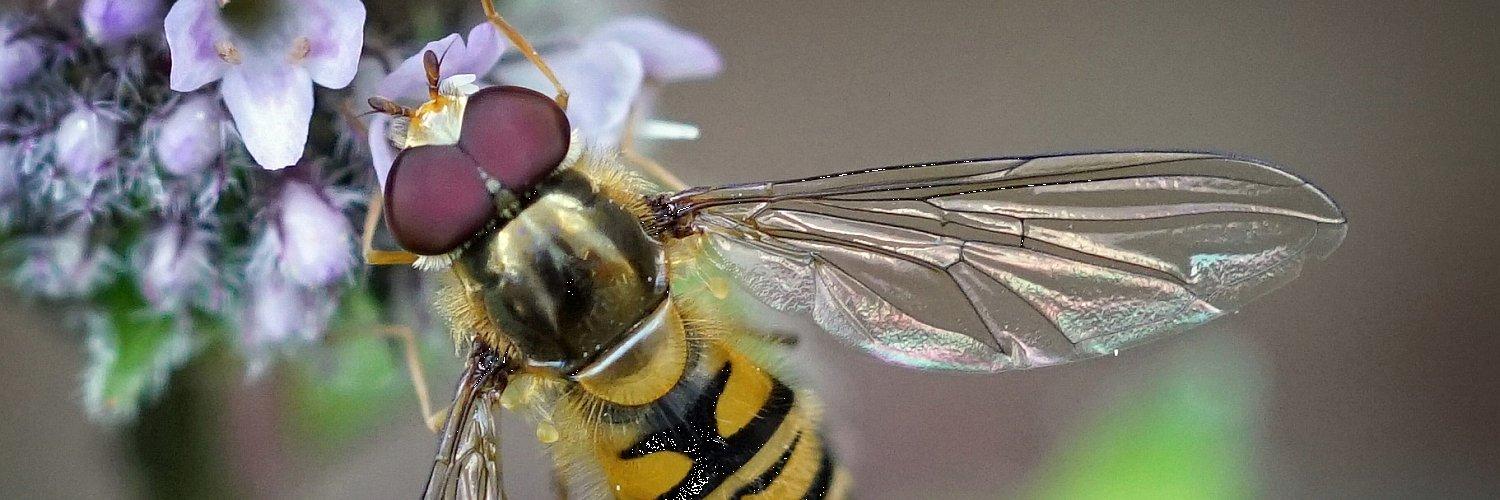Heal Rewilding was born from a deep concern about the alarming state of nature in the UK, which is among the most nature-deprived countries in the world. Their founders, including Jan Stannard (Acting CEO and Founder Trustee), recognized the urgent need for direct, practical action to reverse species decline and combat climate change by giving land back to nature.
Mission and Vision: Heal the Land, Heal Nature, Heal Ourselves
Heal Rewilding's core mission is to raise money, buy land, and rewild it, creating spaces where nature and people can thrive. Their long-term vision is to establish a rewilding site in every English county by 2050, collectively covering almost 25,000 acres (around 10,000 hectares).
Their name encapsulates their purpose: heal the land, heal nature, heal ourselves. They believe that by allowing nature to take the lead in regenerating landscapes, they can not only restore ecosystems and fight climate change but also provide vital free-to-access spaces for people to connect with wild nature, benefiting their physical and mental well-being.
Heal Somerset TrailCam Highlights - February 2025
Core Philosophy: Direct Action, Ecosystem Engineers, and Public Access
Heal Rewilding's approach is defined by several key principles:
- Land Ownership for Rewilding: Unlike many conservation charities, Heal directly acquires ecologically depleted land, ensuring that the rewilding process is under their long-term control and dedication.
- Focus on English Lowlands: While much rewilding happens in the uplands, Heal specifically targets lowland areas, aiming to create accessible nature spaces close to urban populations (within an hour's travel by public transport from large urban areas).
- Ecosystem Engineers: They plan to introduce small herds of wild-living, rare-breed cattle, pigs, and ponies to their sites. These animals act as "ecosystem engineers," mimicking the natural Browse, grazing, and rootling behaviors of wild herbivores to help shape the landscape and drive natural regeneration. These animals are not farmed for produce.
- Natural Regeneration with Strategic Intervention: Rewilding for Heal is about allowing "self-willed nature" to take charge. While primarily relying on natural processes, they acknowledge that some initial, carefully considered interventions (e.g., creating ponds, targeted planting) might be necessary to kick-start recovery in highly degraded areas.
- Free Public Access: A cornerstone of their philosophy is ensuring that their rewilding sites are freely accessible to everyone, promoting public engagement with nature and supporting human well-being.
- Combatting Environmental Change: Rewilding helps combat environmental change in multiple ways, including carbon capture through regenerating vegetation, improved soil health, and increased biodiversity resilience.
- Holistic Benefits: Their work delivers three major benefits: nature recovery, climate action, and human well-being.
Key Projects and Activities:
-
Heal Somerset:
- Acquired in December 2022, this 460-acre (186-hectare) site near Frome, Somerset, is Heal's first rewilding project. It was previously degraded agricultural land with great potential for nature recovery.
- Opened to the public in Summer 2023, it offers eight kilometers of mown paths for visitors to enjoy.
- Plans are underway for the introduction of native ecosystem engineers (cattle, pigs, ponies) and the restoration of natural processes.
- The site aims to become a stronghold for biodiversity, support climate change action, and provide a peaceful space for public engagement.
-
Heal North:
- Heal's second rewilding site is planned for the north of England, with financial support already secured towards its acquisition. They are actively looking for a suitable landholding in 2025.
-
Land Acquisition Strategy:
- Heal is raising money through public donations (including "Sponsor a Square" initiatives), corporate partnerships, impact lending, and grants to purchase suitable land.
- They are developing innovative financial models to scale their land acquisition rapidly, aiming to partner with organizations that can contribute significant capital.
-
Community Engagement and Education:
- Their sites will feature buildings converted into educational spaces and accommodation for visitors, facilitating learning about rewilding.
- They aim to inspire people to become advocates for rewilding and feel empowered to make a difference in their own areas.
- They run courses, workshops, and gatherings related to wildlife, climate change, sustainable living, and well-being.
- The "Heal Future Advisory Panel" involves young people (18-25) in shaping their vision.
Social Impact and Ambition:
Heal Rewilding is not just about isolated nature reserves; it's about building a nationwide network of thriving wild spaces that contribute significantly to:
- Nature Recovery: Directly combating the shocking decline of UK species and increasing biodiversity.
- Environmental Change Mitigation: Sequestering carbon, improving soil health, and building ecosystem resilience.
- Public Well-being: Providing crucial access to nature for physical and mental health benefits, especially for urban populations.
- Economic Opportunities: Creating new jobs and work for local people and businesses in and around their sites.
By taking direct action to buy and rewild land, Heal Rewilding offers a tangible and hopeful path towards a more biodiverse, climate-resilient, and nature-connected England.
